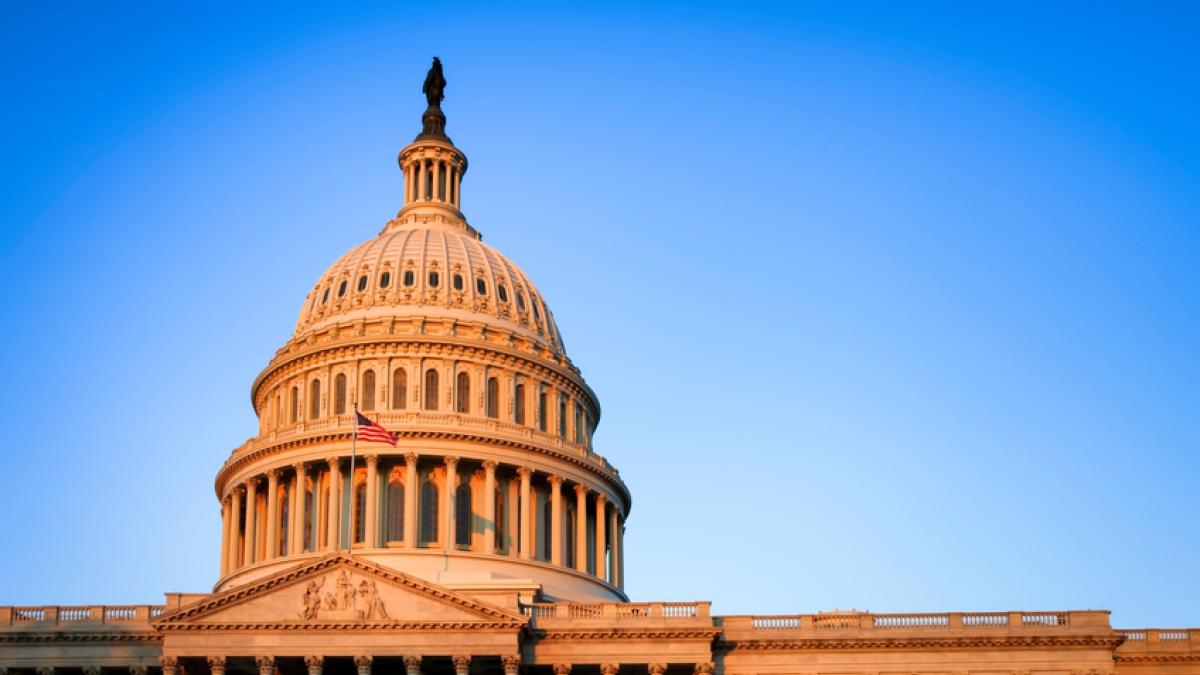Kustoff Introduces TRACED Act

Works to deter criminal robocalls
Washington, D.C..—Congressman David Kustoff (TN-08) introduced the Telephone Robocall Abuse Criminal Enforcement and Deterrence (TRACED) Act. This bill would give regulators more time to find scammers, increases penalties for those who are caught, and promotes caller authentication. Attorneys General in all 50 states, the District of Columbia and three U.S. territories are backing the TRACED Act.
"I have heard from countless people throughout Tennessee's 8th district who are tired of the endless stream of harassing robocalls. To put an end to this scourge of calls, my bill, the TRACED Act, would give Americans much-needed relief by requiring caller authentication and deterring bad actors from placing these calls in the first place,"saidCongressman Kustoff. "These robocalls are infringing on the everyday lives of Americans, and I urge my colleagues to swiftly pass this vital piece of legislation and put an end to these scams."
"The Attorney General's office supports and appreciates Congressman David Kustoff's introduction of the TRACED Act legislation in the U.S. House of Representatives," said Tennessee Attorney General Herbert H. Slatery III. "Criminal robocalls are unwanted, annoying, and illegal. This legislation will make a big difference to Tennesseans by deterring illegitimate robocalling and significantly enhancing our ability to punish violators."
Summary of the TRACED Act:
- Broadens the authority of the Federal Communications Commission (FCC) to levy civil penalties of up to $10,000 per call on people who intentionally flout telemarketing restrictions.
- Extends the window for the FCC to catch and take civil enforcement action against intentional violations to three years after a robocall is placed. Under current law, the FCC has only one year to do so.
- Brings together the Department of Justice, FCC, Federal Trade Commission (FTC), Department of Commerce, Department of State, Department of Homeland Security, the Consumer Financial Protection Bureau, and other relevant federal agencies, as well as state attorneys general and other non-federal entities to identify and report to Congress on improving deterrence and criminal prosecution at the federal and state level of robocall scams.
- Requires voice service providers to adopt call authentication technologies, enabling a telephone carrier to verify that incoming calls are legitimate before they reach consumers' phones.
- Directs the FCC to initiate a rulemaking to help protect subscribers from receiving unwanted calls or texts from callers.